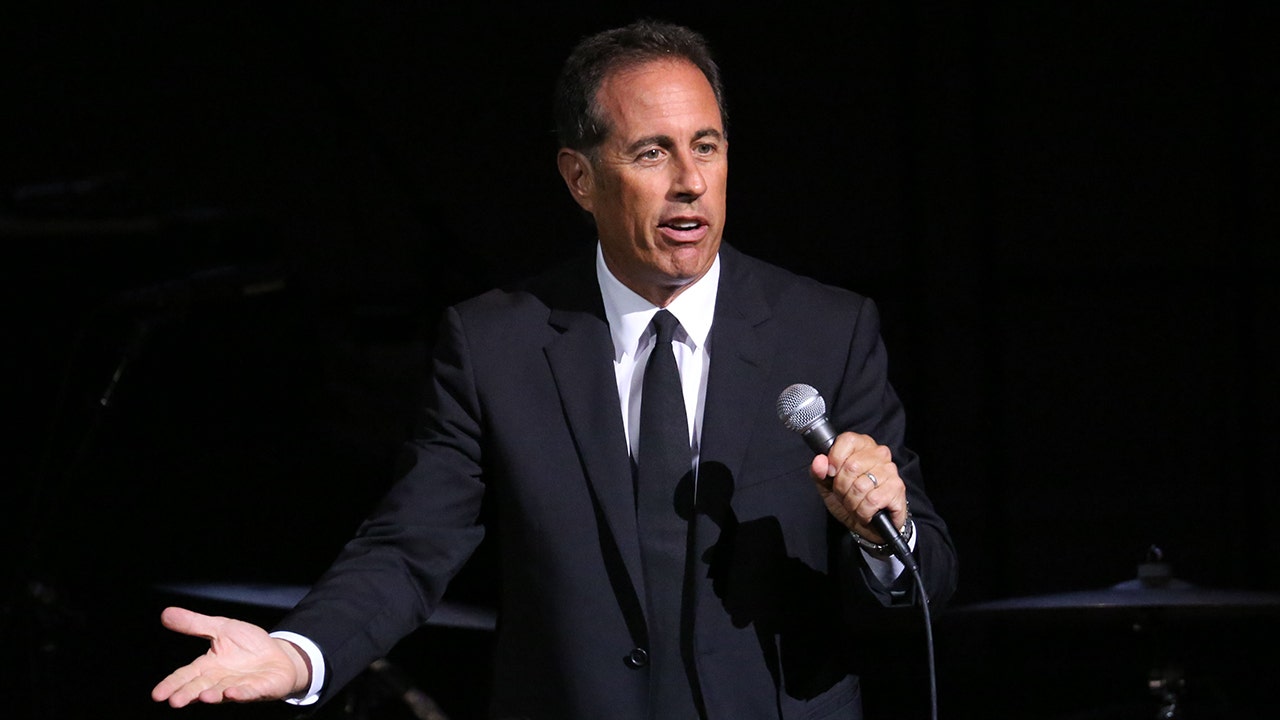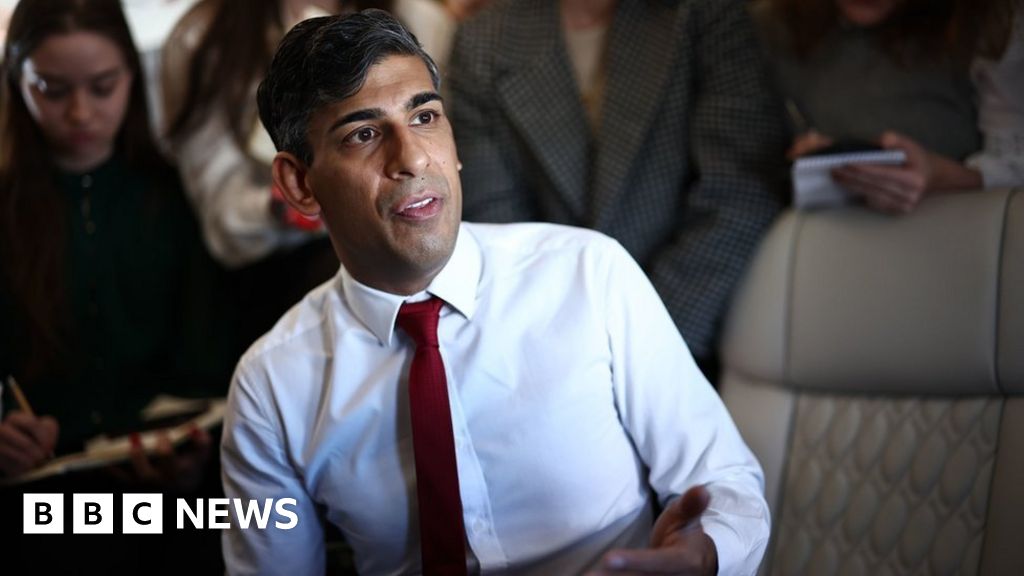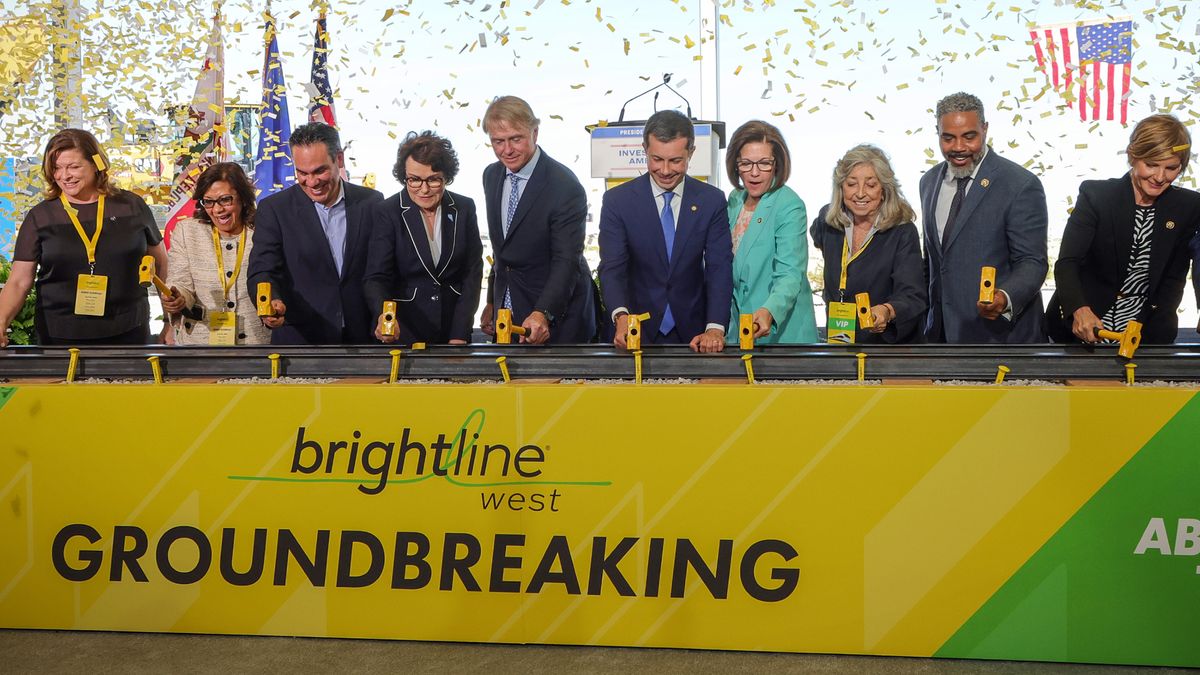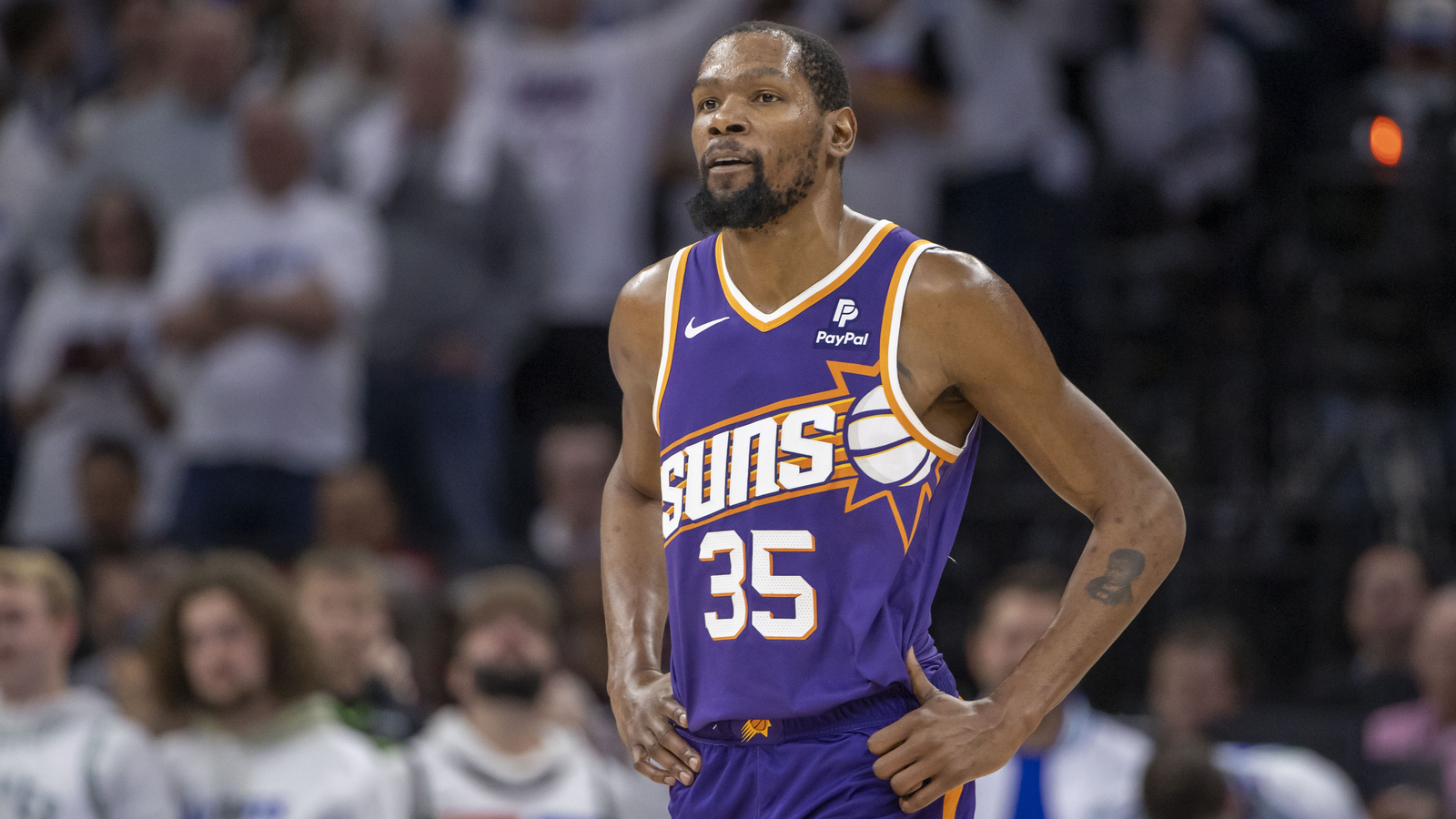
Science
Earth now has second black hole only 2,000 light years away
Apple Finally Plans to Release a Calculator App for iPad Later This Year
Technology
Apple is finally planning a Calculator app for the iPad, over 14 years after launching the device, according to a source familiar …
Houston Texans Reveal Four New, Fan-Inspired Uniforms
Sports
HOUSTON – Today, the Houston Texans revealed four new, fan-inspired uniforms for the first time since the team’s inception in 2000. The …
Researchers detect a new molecule in space
Science
This article has been reviewed according to Science X’s editorial process and policies. Editors have highlighted the following attributes while ensuring the content’s …
Is banana peel ‘natural Botox’? Experts give their verdict on the TikTok trend that promises wrinkle-free skin…and it’s not as useless as you might think
Health
By Maiya Focht For Dailymail.Com Published: 16:31 BST, 23 April 2024 | Updated: 16:33 BST, 23 April 2024 Influencers on social media …
Monroe Co. woman charged in crash that killed 2 kids at birthday party
U.S.
Monroe — A 66-year-old former commodore of a Monroe County boat club was charged Tuesday with driving drunk and killing two children …
Prince Louis at 6 photo released by palace
Entertainment
LONDON — A close-up picture of a grinning Prince Louis has been released by Kensington Palace to mark his sixth birthday. The …
Asia is officially the most ‘disaster-prone’ region in the world
World
No other region on Earth experiences more climate, weather, and water-related disasters than Asia, according to a new report. The World Meteorological …
LA-to-Las Vegas high-speed rail line breaks ground
Business
What happened Treasury Secretary Pete Buttigieg joined state and federal officials Monday to break ground on a $12 billion high-speed rail line …












/cdn.vox-cdn.com/uploads/chorus_asset/file/25413706/1255055519.jpg)




